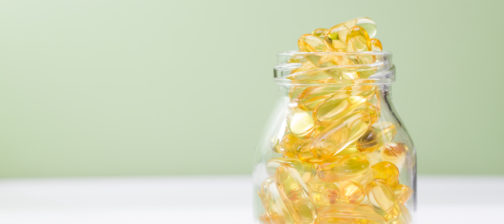Guest post by Lillian Sanders
It’s no secret that cakes, cookies, and doughnuts all contain sugar. People trying to be healthy or lose weight often scold their body to stay away from these obvious sugar-packed treats. But look at the nutrition label for other foods, and you might be surprised to find that foods like burgers, salad dressings and even soups contain added sugar. It seems to be lurking in almost every processed food now. Although the idea of food being addictive is debated, the New York Times explains how new research is revealing that drug addictions and eating certain foods have much in common.
Researchers from Princeton University and University of Florida conducted a study that found sugar-binging rats demonstrated signs of opiate-like withdrawal when their sugar was taken away. Two weeks later, when the rats were allowed to resume eating sugar, they consumed 23 percent more than before. Another study by scientists at the Oregon Research Institute incorporated brain-scan studies as children looked at pictures of chocolate milkshakes and later consumed the shakes. Over time, children who regularly ate ice cream required more for the brain to be satisfied, which come from the release of two brain chemicals, serotonin and dopamine. Sound similar to the behaviors of alcoholics and drug abusers?
Consuming large amounts of sugar can cause health-related issues and won’t help with weight loss. Sugary foods and refined carbohydrates, like those found in white flour and white rice, are quickly converted to glucose in the bloodstream. The hormone insulin then stores excess glucose as saturated fat. Although simple carbohydrates are also found in fruits, vegetables, and dairy products, their fiber and protein slow the absorption of the glucose. Controlling blood sugar levels by eating healthy foods throughout the day will help curb cravings for sugar and refined carbohydrates.
WebMD suggests training taste buds to enjoy things that aren’t sweet and eventually, the feel-good sensation that comes with eating sweets will diminish over time. But eliminate sugars slowly. Remember how the rats ate 23 percent more sugar after they were completely cut off? Chose natural forms of sugar like fruit, stay hydrated, and fill up on protein and fiber, as they will help maintain blood sugar levels while still providing an energy boost. Don’t be tempted to go for those sugar substitutes, either. They may actually make you crave more sugar. As dietician Kirkpatrick points out, “you never get out of the sense of needing sweet, and eventually you’re going to grab the real stuff.”
Our bodies function properly when we eat natural foods. Blood levels remain where they should be, and our waistlines remain healthy. But as manufacturers place added sugar in foods that we wouldn’t expect, it becomes harder to curb cravings and fight addictions. We usually don’t reach for a second apple, but a second cookie? Well, that’s usually harder to resist.
Lillian Sanders is a freelance writer from Michigan. She enjoys writing articles on health and wellness. Aside from writing, Lillian works with a drug rehabilitation program helping people struggling with addiction.

